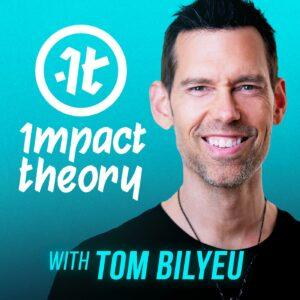
The “Huberman Lab” podcast explores science-based tools for everyday life, focusing on mental health, physical health, and performance. The podcast aims to support research in these areas, with funding generated through the premium subscriber channel and matched by the Tiny Foundation.
Obsessive-compulsive disorder (OCD) is a serious disorder characterized by uncontrollable obsessions and compulsions. It is important to differentiate between OCD and the desire to abstain from certain thoughts. While being fastidious or perfectionistic may bring calm and comfort, it is not the same as OCD. Excessive exercising or cleaning does not necessarily indicate OCD, but if it disrupts one’s quality of life, it falls under the umbrella of a true disorder.
A 30-day abstinence from one’s drug of choice can reset the dopamine reward pathway and is effective for most people struggling with addictions. This reset applies to various types of addictions, including substance abuse and behavioral addictions. While strategies for abstaining from addictive thoughts and narratives were not discussed, it is important to understand that thoughts are a neural process that converts stimuli into electrical and chemical signals.
Our brain processes sensations and perceptions to help us navigate the world. Emotions are influenced by neuromodulators like dopamine and serotonin. Thoughts are perceptions that encompass data from the past, present, or future. They can be unstructured or structured depending on external stimuli.
Mindful meditation can enhance focus and memory. Extensive journaling about intrusive and disturbing thoughts can help diminish their impact. Trauma fundamentally alters the functioning of the nervous system, making adaptive functioning more challenging. Getting clarity about the narrative surrounding traumas can aid in dealing with them. Writing down intrusive thoughts can gradually reduce their emotional load and frequency over time.
Sufficient rapid eye movement (REM) sleep is crucial for unburdening the emotional load of traumatic experiences and intrusive thoughts. HubermanLab.com offers free resources to improve sleep quality. True OCD necessitates specialized tools that can be provided by a psychiatrist.
The “Huberman Lab” podcast delves into various aspects of mental health, physical health, and performance, offering science-based tools for everyday life. It emphasizes understanding OCD, addressing intrusive thoughts, resetting addictive patterns, exploring thoughts and emotions, and utilizing tools for dealing with trauma. Through research funding generated by the premium subscriber channel and matched by the Tiny Foundation, the podcast aims to contribute to advancements in these areas.